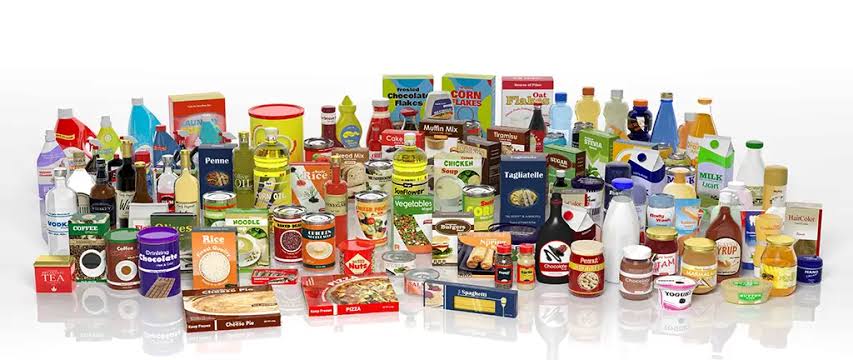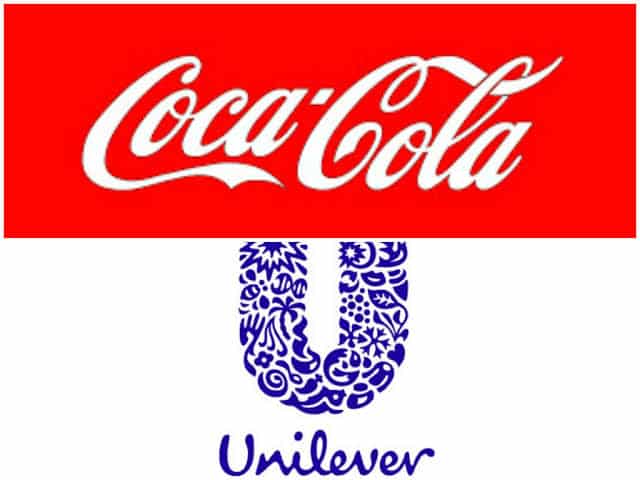Not many people know that different things we buy have a life span; some goods we use over a few years, and others we use only once or twice.
There are many prominent organizations worldwide that are involved in consumer non-durable goods, but let’s be real, is consumer non-durable a good career path? Also, what are consumer non-durables?
Well, if you are looking for an answer to these questions, you’re in the right place.
What are consumer non-durables?

Consumer non-durables are goods that we use up in a short time. These goods can be used once or consumed after a few uses.
Non-durables are also known as soft goods and consumable goods. Examples include food products and light bulbs.
Consumer non-durables form a huge part of a country’s economy, and they are stable figures in an economy. They never go out of demand. Several consumer non-durable companies have become household names. We see and hear about them almost every day such as Coca-Cola, Unilever, Pepsico, Procter & Gamble, and Nestle AG.
See: How To Position Yourself for International Jobs
Is Consumer Non-Durables a Good Career Path?

The answer is yes. There are multiple benefits to having a job in this sector.
As companies with a substantial reputation, they offer a variety of health benefits and amenities. They usually provide dental insurance, life insurance, retirement plans, wellness programs, and more.
Here are other good reasons why consumer non-durables are great career paths to be involved in.
- There are numerous job opportunities.
- There is a large presence of multinational companies in the market, generating a culturally diverse environment.
- It’s a consumable item, such as food or cleaning products, so it’s always in demand.
- As mentioned above, it’s an industry of multinational companies, so the chances of an international career are high.
- Non-durable consumer goods are trend-influenced. They need to be at the forefront of technology and consumer needs, so it’s a good company to learn how to be at the top of innovation.
- Many loved and desired brands are part of this industry.
Job Opportunities in the Biggest Consumer Non-Durable Companies

Now we have told you of the various benefits of having a job in this sector, we know the next question on your mind:
How much does this pay?
Consumer non-durable jobs pay over $41,500 per year, on average. However, there’s a wide variety of careers available in consumer non-durables. For example, many marketing managers earn up to $135,030 per year and the job calls for a skill set rooted in analytics and advertising.
Look below the following jobs and salaries depending on the expert level of skill and expertise;
- Technicians: $43,190 to $54,000.
- Production associate: $38,615.
- Marketing specialist: $46,000 to $75,000.
- Human resources: $48,000 to $63,000. If you are a manager or have a senior position, you’ll be able to earn between $60,000 to $75,000.
- Information security analyst: $70,000 to $160,000
- Advertising, Promotions, and Marketing Managers: $133,380
- All Lawyers earn up to $127,990
- Financial Analysts: $95,580
READ ALSO: Employee Attrition: Meaning, Effects and How to Avoid It
How to find a job in the consumer non-durables industry?

Remember that, nowadays, there are different websites to find a job according to your goals, needs, and knowledge. You can either check through company websites on Indeed or LinkedIn.
It is always advisable to resort to specialized websites where you can find available positions in your city if you are interested in a job in the consumer non-durables industry.
Look on the company’s website. They generally have a form for you to fill out and apply or a list of open positions. Usually, the official website has a “Work with us” section.
See: Put these skills on your resume ASAP
Conclusion
This is an inclusive sector that has great growth opportunities. Being an area that initially does not require specific skills, you can apply as an intern and then work your way up to become a professional.
In addition, these companies usually offer courses so that you can develop in the area of your interest.
